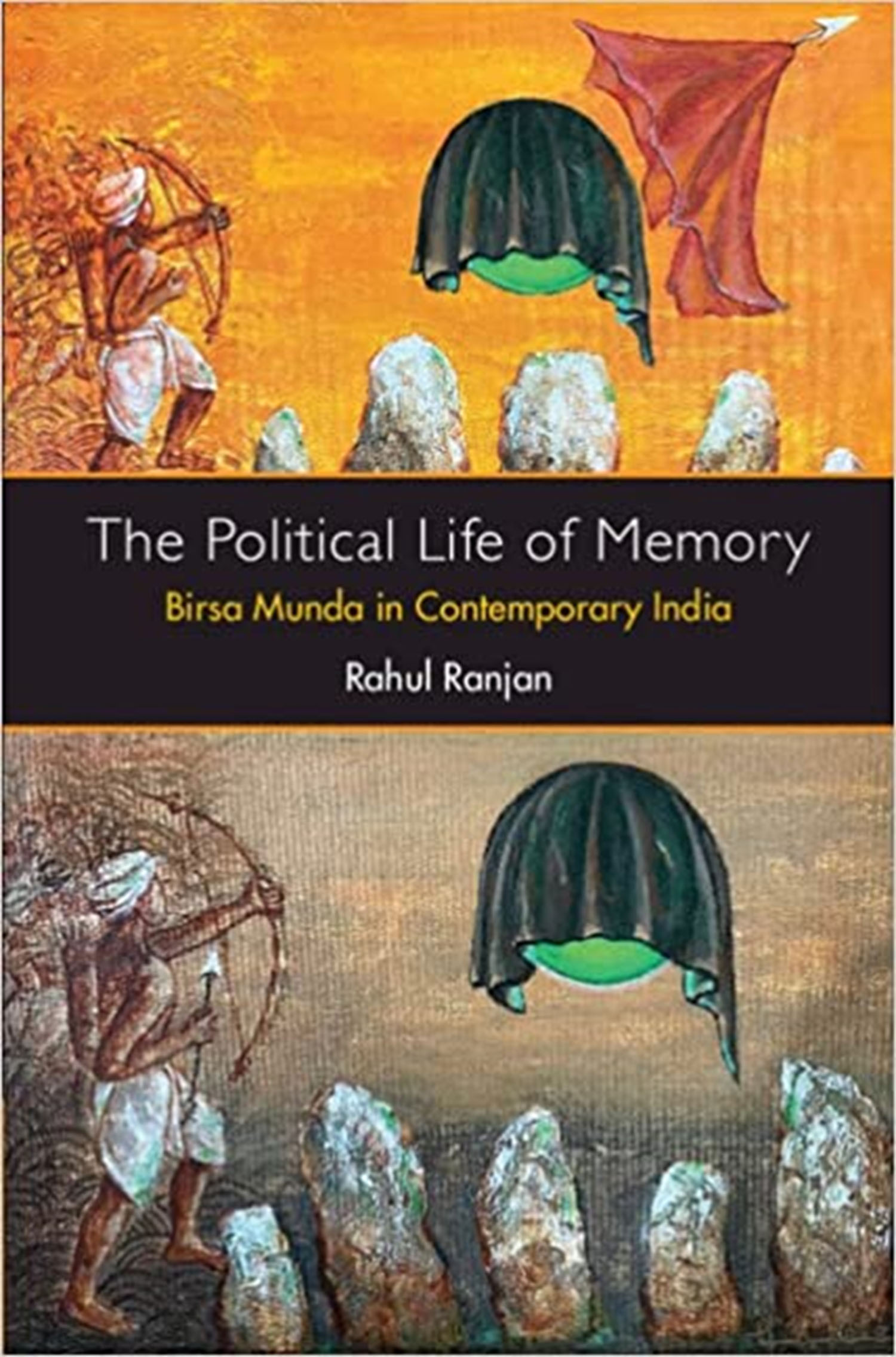Birsa Munda is a revolutionary figure who has inspired many generations to fight against the injustice of both colonial rulers and the postcolonial exploitative development model. Though largely overlooked and portrayed marginally as a ‘nationalist’, who fought against British rule in present-day Jharkhand in the last decade of the nineteenth century, it has been gradually realized that his legacy is related to all kinds of exploitation of the Adivasis, either by colonial rulers or the non-Adivasi Indians. The memory of Birsa Munda has been used by different actors distinctively. On the one hand, most of the politicians have been using his memory and memorialization as tools to spread their electoral base and legitimacy among Adivasis; on the other hand, Adivasi organizations and activists have internalized Birsa’s struggle as an inspiration to fight against exploitative ‘development’ model imposed by the state. Right Wing Hindu organizations have used Birsa as a figure who primarily revolted against Christian missionaries for their activities related to the conversion of Adivasis to Christianity. The book under review presents an account of the struggle and revolt (ulgulan) of Birsa Munda and the contemporary ‘political life of memory’ surrounding different sites like statue, memorials, and Pathalgadi.

Birsa Munda and the Politics of Memory
Kamal Nayan Choubey
THE POLITICAL LIFE OF MEMORY: BIRSA MUNDA IN CONTEMPORARY INDIA by Rahul Ranjan Cambridge University Press, Cambridge, 2022, 296 pp., 1295
July 2023, volume 47, No 7
